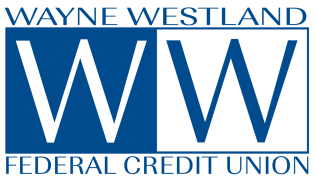As a grown-up you know that there are both negative and positive sides to having a credit card. Many of us find out the hard way what it means to own a credit card. If you’re a parent, you probably like to help your kids avoid the same mistakes you made. Here are a few ways you can help teach your kids about using credit cards:
- Be a Good Example
Like most things, kids learn how to use a credit card by watching their parents. If you use your cards responsibly, explain to your kids why you only charge what you can afford to pay off quickly. Avoid impulse purchases with your cards, especially if the kids are around. Also, show them your credit card bills and explain your plan for paying them off. - Explain Interest
Interest is the sneaky villain when it comes to using credit cards. Get those bills out again and show them the interest charges and other costs like fees on the card. If you child ever asks for an advance on their allowance, give it to them – but charge a small fee. This will give them a taste of what paying interest feels like. - Debit vs. Credit Cards
If you’re like me, you use your debit/check card frequently. Describe to your kids the difference between using your debit card vs. a credit card. Explain how when you use your debit card, you’re spending your own money and a credit card is essentially spending someone else’s money. - Credit Limits
Chances are, your child doesn’t realize you can only spend so much on your credit card. Again, get that credit card statement out and show them where it lists your credit limit and explain what that means. Further explain how it’s not smart to spend to your credit limit, that creditors like to see you haven’t maxed out your cards. Experts recommend spending up to 70% of your limit. - Credit Card Usage
Even though it may be easy to whip out your credit card for each purchase, show your kids how it’s best to use them sparingly. Explain that it’s smart to leave room in case of an emergency, and to not use them for everyday purchases like groceries or gasoline. Let them know those purchases should come out of your checking account instead. - Mistakes Matter
This is one of the most important lessons to teach your child – that any mistake they make with their credit cards will stay with them for years. Give them a brief overview of what a credit reporting agency is (Equifax, Experian and TransUnion) and how their “grades” can impact things like getting a job or auto insurance. In fact, comparing the whole system to a school grading system might be the easiest way to explain credit to your kids. This includes explaining how a major way to “flunk” is not paying your credit card bills on time or paying the minimum amount due.
A lot of the above lessons will shift depending on the age of your child, but that’s okay – money smarts like correctly using a credit card should be an ongoing lesson, not just a one-time deal.
If you have a young adult at home, you could help them start building their credit with a WWFCU Secured Visa. Call (734) 721-5700 or stop by our branch to speak to a Member Service Representative about a Secured Visa today.


